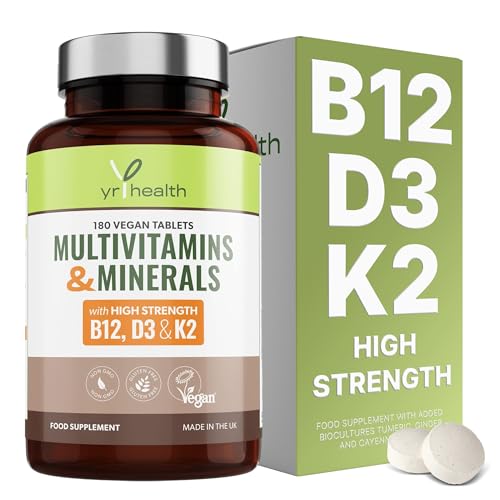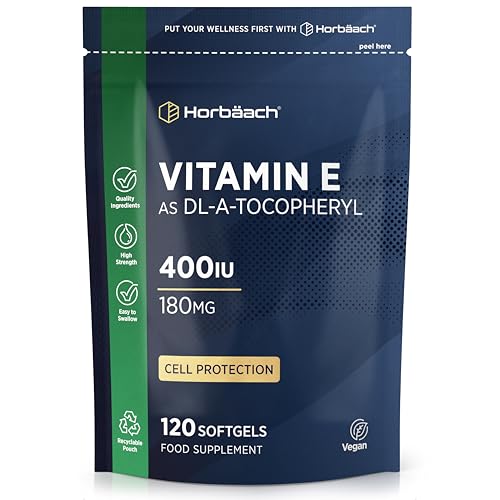Understanding Vitamin Supplements: The Basics We Need to Know
What Are Vitamin Supplements?
Vitamin supplements are products that help us provide necessary vitamins that we may not obtain sufficiently from our diet. They can come in various forms, including tablets, capsules, powders, and liquids. These supplements play a crucial role in maintaining overall health, supporting our immune system, aiding in energy production, and preventing deficiencies that can lead to serious health issues.
Why Do We Consider Taking Them?
Many factors contribute to why we might need extra vitamins. Our busy lifestyles can make it challenging to maintain a balanced diet, and certain life stages, such as pregnancy or ageing, may increase the need for specific nutrients. Additionally, dietary restrictions like vegetarianism or allergies can limit our intake of essential vitamins, making supplementation a practical solution.
Types of Vitamin Supplements: Finding the Right Blend for Our Needs
Understanding Different Types of Vitamins
Vitamins are generally divided into two categories: water-soluble and fat-soluble. Water-soluble vitamins, which include Vitamin C and the B vitamins, are not stored in our bodies, so we need to replenish them regularly through diet or supplements. On the other hand, fat-soluble vitamins, like Vitamins A, D, E, and K, can be stored in body fat for later use. It’s important to understand these differences when considering which supplements to include in our routine.
Choosing the Right Combinations and Dosages
When selecting vitamin supplements, we should consider our individual health needs and lifestyle. A multivitamin can be a convenient option for many, as it typically contains a blend of essential vitamins and minerals. However, individual supplements may be beneficial if we have specific deficiencies or health goals in mind. It’s advisable to pay attention to the recommended daily allowances (RDAs) to avoid excessive intake of certain vitamins, which can lead to adverse effects.
Choosing Quality Vitamin Supplements: What to Look for on the Label
Decoding Supplement Labels
When shopping for vitamin supplements, we should become label-savvy. Look for the names of the vitamins and their specific forms, as some forms are more bioavailable than others, meaning our bodies can absorb them more effectively. It’s also beneficial to check for any added fillers, binders, or artificial flavours that might not align with our health preferences.
Ingredients to Avoid
It’s wise to steer clear of products with unnecessary additives. Sugars, artificial preservatives, and colours can detract from the quality of the supplement. Always look for transparency in the ingredient list; reputable brands will openly share all ingredients used.
Integrating Vitamin Supplements into Our Daily Routine: Practical Tips
Establishing a Routine
To reap the most benefits from vitamin supplements, we should consider integrating them into our daily routine. Taking supplements at the same time each day can help us remember to take them regularly. Pairing them with a meal can enhance absorption, particularly for fat-soluble vitamins which need dietary fat to be effectively absorbed.
Being Mindful of Interactions
We should also be aware of how certain vitamins interact with medications or other supplements. It’s beneficial to consult with a healthcare provider, especially if we are on prescription medications or have underlying health conditions. They can guide us to ensure that our supplement regimen is safe and effective.
Budgeting for Vitamin Supplements: Making Smart Choices without Breaking the Bank
Finding Affordable Options
We all want to make our health a priority, but we also need to be mindful of our budgets. Buying in bulk or choosing generic brands can often save us money. However, quality should never be compromised. It’s essential to find reputable brands that offer good value without sacrificing on their ingredient quality.
Evaluating Needs Over Wants
Before purchasing, it’s helpful to evaluate our actual needs. We can start with a basic multivitamin and only add specific supplements based on targeted health goals or deficiencies identified by a healthcare provider. This approach helps us avoid unnecessary spending on supplements that may not be essential for us.


























